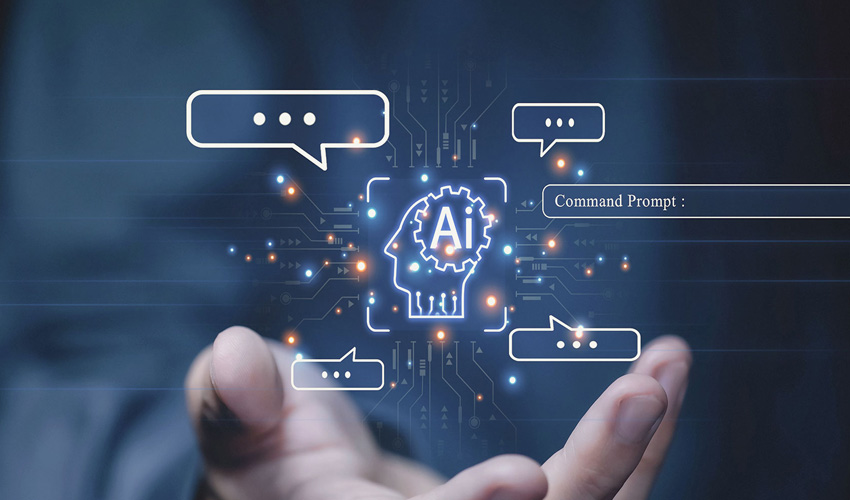In recent years, Artificial Intelligence (AI) has emerged as a transformative technology, heralded for its potential to enhance productivity and streamline learning.
However, beneath its promising facade lies a pressing concern: the detrimental impact of AI on the cognitive development and creativity of students. While many view AI as a facilitator of education, it may inadvertently erode the very foundations upon which intellectual growth is built.
As students increasingly rely on AI tools for their academic needs, there is a growing risk of cultivating a culture of dependency. By delegating cognitive responsibilities to machines, students may find themselves sacrificing their innate potential for the sake of convenience.
This reliance fosters a sense of intellectual laziness, stifling essential skills such as critical thinking and problem-solving. The convenience of instant answers can lead students to forego the rigorous process of inquiry and exploration, ultimately impairing their ability to think independently.
The ramifications of this trend are manifold. One of the most concerning outcomes is the erosion of creative problem-solving capacities. When students turn to AI for solutions, they risk losing the ability to generate original ideas and innovate. This reliance can debilitate analytical thinking, as students may no longer engage deeply with complex problems that require nuanced understanding and creative solutions. Instead, they may settle for surface-level engagement, relying on AI-generated responses without fully grasping the underlying concepts.
Moreover, the unchecked reliance on technology can breed incompetence in essential skills and talents. The educational landscape must ensure that students not only acquire knowledge but also develop the competencies needed to navigate an increasingly complex world. As AI takes over more cognitive tasks, students may find themselves ill-equipped to tackle real-world challenges that demand a thoughtful and creative approach.
The consequences of this trend are dire. The risk of AI-induced intellectual atrophy looms large, as students may struggle to navigate the complexities of life and work without the foundational skills of independent thought. The ability to think critically and solve problems creatively is not just essential for academic success; it is crucial for personal and professional development. If left unchecked, this menace will not only affect individual students but will also ravage the intellectual landscape of future generations.
The future of intellectual discourse and innovation hangs in the balance. As we embrace the advantages that AI offers, we must also recognize its potential pitfalls. Educators, parents, and policymakers must act decisively to implement strategies that encourage independent thought and creativity in students. This includes fostering environments that prioritize critical thinking, encouraging exploration and experimentation, and providing opportunities for students to engage in meaningful problem-solving.
While AI holds the promise of revolutionizing education, it is imperative that we remain vigilant against its potential to undermine the very essence of learning. By promoting a balanced approach that harnesses the benefits of AI while safeguarding the cognitive development of students, we can ensure that future generations possess the skills necessary to thrive in an ever-evolving world. The challenge lies in finding the right balance—a balance that empowers students to leverage technology without relinquishing their intellectual autonomy.



























